CONTACT:
Jeanan Yasiri Moe
Director of Strategic Communications
[email protected]
608.890.1491
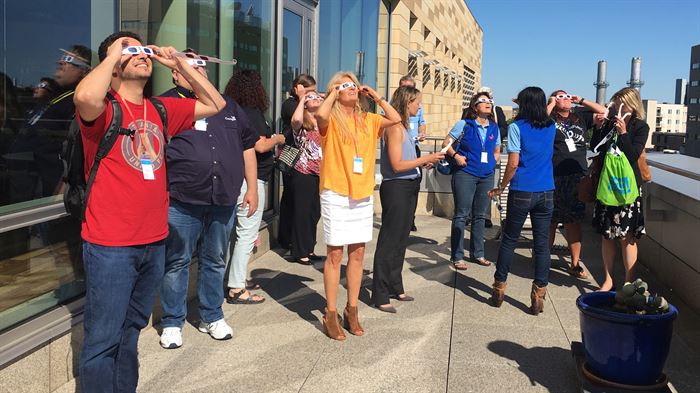
MADISON, Wis. – The minds behind some of the finest science programming on Earth, from NASA to Dragon Con, gathered this week at the Discovery Building to share best practices, swap swag and chart new political tides.
This is the first year since becoming a free-standing conference that the International Public Science Events Conference (IPSEC) was held outside of MIT. More than 140 attendees met for two full days, June 5-6, for discussions ranging from the nuts and bolts of creating events to media philosophy.
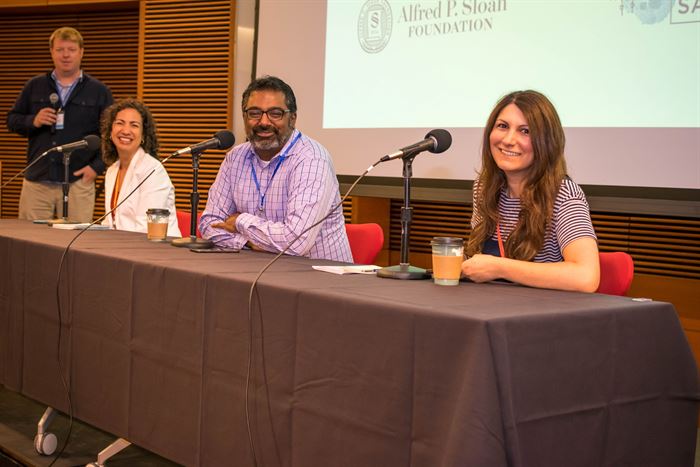
A core theme of this year’s IPSEC was navigating the changing landscape. Attendees hailed from San Francisco to Oxford, England, and included organizers of the March for Science (held on April 22, 2017), who provided a behind-the-scenes view of a humble grassroots movement that culminated in the largest global science event in history.
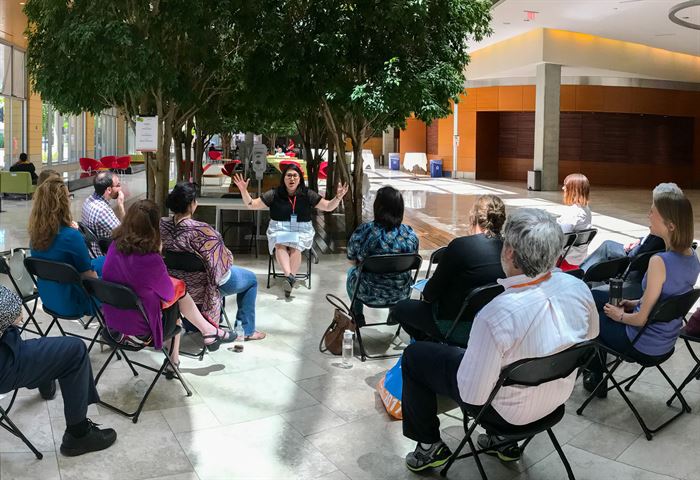
Other speakers, including UW–Madison faculty from the departments of life sciences communications and political science, discussed the latest research on public engagement. The intense politicization of science, the importance of connecting festivals to rural communities and the power of storytelling were central to many of the discussions.
Celebratory topics, such as the solar eclipse on August 21, sparked new collaborations.
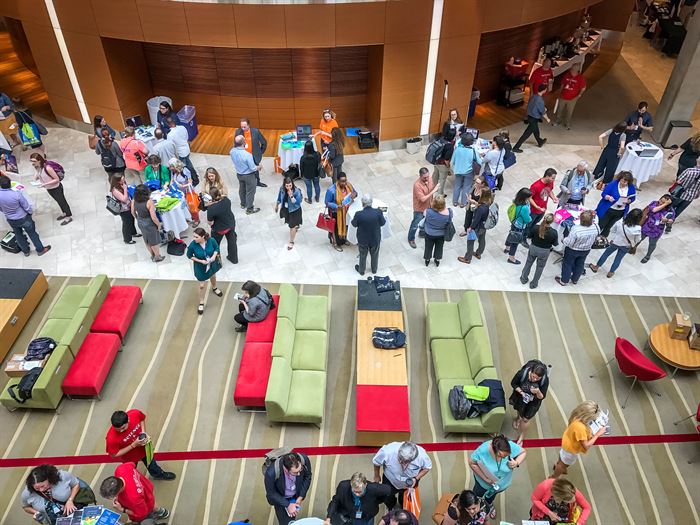
The Discovery Building was chosen to host IPSEC 2017 because it is the nexus of the Wisconsin Science Festival. Heading into its seventh year, the annual Wisconsin Science Festival includes workshops, book talks, lectures and performances – and typically features more than 200 events in more than 30 communities statewide. Wisconsin Science Festival founding director Laura Heisler said, “Holding the conference here was fantastic for our festival partners and gave us a chance to exchange ideas with colleagues from all over the country.”
Produced by WARF, UW–Madison and the Morgridge Institute for Research, the award-winning festival is credited with an estimated $2.5 million in economic impact to Wisconsin. It is made possible through private funding and corporate sponsorship.
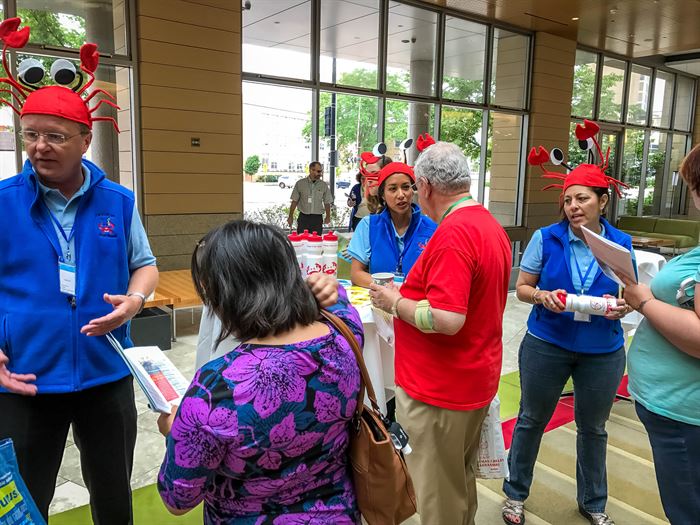
About WARF
The Wisconsin Alumni Research Foundation (WARF) helps steward the cycle of research, discovery, commercialization and investment for the University of Wisconsin–Madison. Founded in 1925 as an independent, nonprofit foundation, WARF manages more than 1,800 patents and an investment portfolio of $2.6 billion as it funds university research, obtains patents for campus discoveries and licenses inventions to industry. For more information, visit warf.org.
###